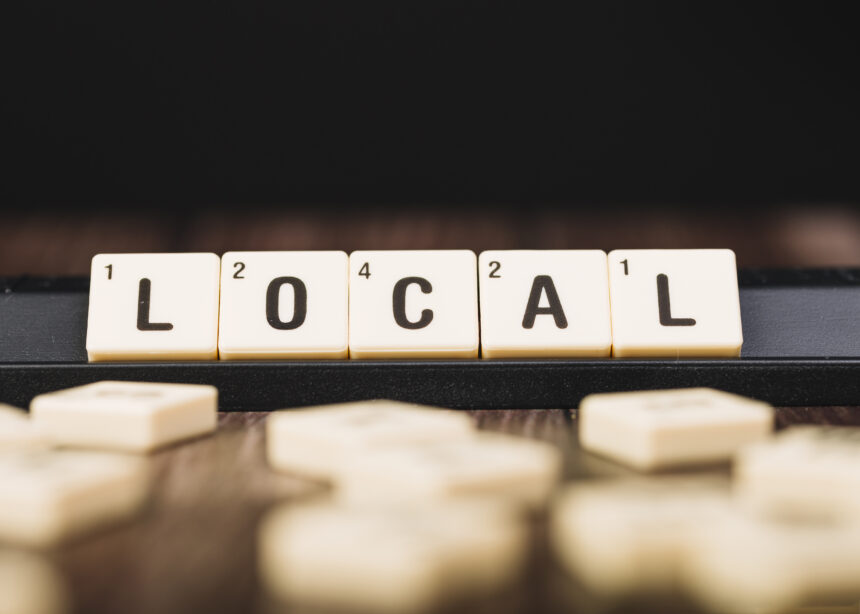Accessing Loans for Community Development: Funding for Local Projects
Community development plays a vital role in creating vibrant, sustainable, and inclusive neighborhoods. However, funding for community projects can often be a challenge. To overcome financial barriers and bring local initiatives to life, accessing loans for community development is an effective strategy. In this article, we will explore avenues for funding local projects, highlight key considerations, and provide insights on accessing loans for community development.
- Government Programs and Grants: Government entities at the local, state, and national levels often offer funding programs and grants specifically targeted at community development projects. These programs may focus on areas such as affordable housing, infrastructure improvement, small business development, or environmental sustainability. Research government resources, such as community development agencies or economic development departments, to identify available loan programs or grants in your region. Understand the eligibility criteria, application process, and deadlines to maximize your chances of securing government funding.
- Community Development Financial Institutions (CDFIs): CDFIs are specialized financial institutions that provide funding and support to underserved communities and local initiatives. They offer loans and other financial products tailored to community development projects. CDFIs often have a deep understanding of local needs and work closely with borrowers to structure loan terms that align with the project’s objectives. Research CDFIs operating in your area, explore their lending programs, and reach out to discuss your community development project. Building relationships with CDFIs can offer valuable financial resources and guidance throughout the loan application process.
- Nonprofit Organizations and Foundations: Many nonprofit organizations and foundations are committed to supporting community development initiatives. They may offer grants or loans with favorable terms to fund projects aligned with their mission. Look for organizations that focus on community development, urban revitalization, social impact, or sustainable development. Research their funding opportunities and application processes. Networking and building relationships within the nonprofit sector can provide insights into available funding sources and potential partnerships for community projects.
- Impact Investing and Socially Responsible Lending: Impact investing has gained traction in recent years, with investors seeking financial returns while creating positive social and environmental impacts. Impact investors and socially responsible lenders often support community development projects that align with their values and impact goals. Explore impact investing networks, platforms, and funds that prioritize investments in community development. Presenting a well-defined community project with a clear social or environmental impact can attract the interest of impact investors and socially responsible lenders.
- Local Banks and Credit Unions: Traditional financial institutions, such as local banks and credit unions, may have community development loan programs or flexible lending options for local projects. These institutions have a vested interest in supporting their communities and may be more receptive to financing initiatives that benefit the local area. Contact local banks and credit unions to inquire about community development loans or loan programs for small businesses, affordable housing, or infrastructure development. Building relationships with local financial institutions can lead to long-term partnerships for funding community projects.
- Crowdfunding and Community Fundraising: In the digital age, crowdfunding has emerged as an effective tool for financing community development projects. Platforms like Kickstarter, Indiegogo, and GoFundMe allow individuals and communities to raise funds for specific projects through online campaigns. Additionally, organizing community fundraising events, such as charity auctions or local benefit concerts, can mobilize support and generate funds. Leverage the power of social media and community networks to amplify your crowdfunding or fundraising efforts.
Key Considerations:
- Project Viability and Impact: Ensure that your community development project is well-conceived, addresses a genuine need, and has a clear impact on the community. Lenders and funders will assess the viability and sustainability of your project before providing financing.
- Documentation and Planning: Prepare a comprehensive project plan, including budgets, financial projections, and timelines. Having well-documented plans showcases your project’s credibility and helps lenders understand the financial aspects of your initiative.
- Community Engagement and Collaboration: Highlight community engagement and collaboration in your project. Demonstrating broad community support and partnerships with local stakeholders can strengthen your funding applications.
- Loan Repayment and Financial Sustainability: Clearly articulate how the project will generate revenue or sustainable outcomes to repay loans or attract future investments. Lenders will assess the financial sustainability of the project to ensure long-term success.
- Impact Measurement and Reporting: Develop mechanisms to measure and report the social, economic, or environmental impact of your project. This information can help attract funders who prioritize accountability and results.
Remember to research and carefully evaluate funding options, tailor your applications to specific criteria, and demonstrate the positive impact of your community development project. Combining multiple funding sources, such as government programs, CDFIs, nonprofits, and impact investors, can provide a diverse and robust financial foundation for your initiative. With determination, strategic planning, and collaboration, accessing loans for community development can make a significant difference in transforming your local neighborhood and fostering sustainable change.










